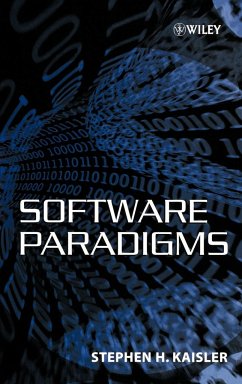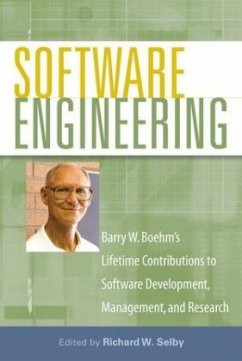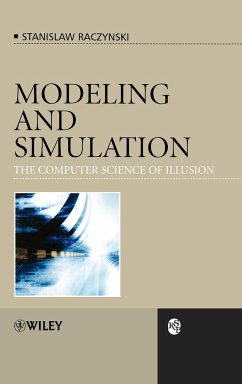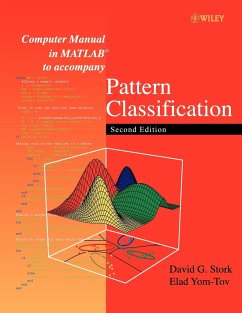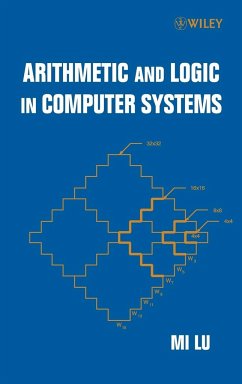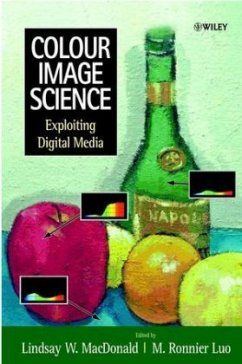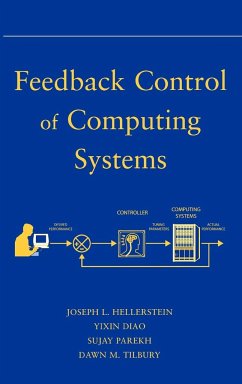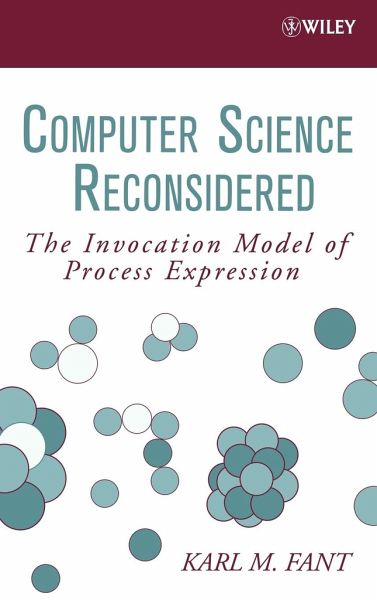
Computer Science Reconsidered
The Invocation Model of Process Expression

PAYBACK Punkte
64 °P sammeln!
A groundbreaking, seminal work that challenges the theoretical foundations of computer scienceThis seminal work will challenge and change your understanding of computers and computing. Since the invention of the computer, it has been accepted with little question that the theoretical foundations of computer science are found in mathematics. The difficulties of computer science have been attributed to the inherent complexity of computation, which can only be overcome with disciplined methodology.The author of this text presents a convincing and carefully structured argument that shows why linki...
A groundbreaking, seminal work that challenges the theoretical foundations of computer science
This seminal work will challenge and change your understanding of computers and computing. Since the invention of the computer, it has been accepted with little question that the theoretical foundations of computer science are found in mathematics. The difficulties of computer science have been attributed to the inherent complexity of computation, which can only be overcome with disciplined methodology.
The author of this text presents a convincing and carefully structured argument that shows why linking computer science to mathematics results in unnecessary complexity and confusion. Instead, the author sets forth and demonstrates the viability and practicality of a new conceptual model, the invocation model of process expression. This model links the design and function of computer systems with the design and function of biological systems. Moreover, the author shows how changing your underlying assumptions sheds new light on dealing with such complex issues as concurrency, digital computers, and biological cells.
The chapters of this text are organized under three main topics:
_
The Problem: Why the underlying theory of contemporary computer science is not helpful
_
The Solution: How the invocation model of process expression solves many problems of contemporary computer science
_
The Invocation Language: How the invocation model is embodied in symbol string expression
For computer scientists and engineers, this publication opens up a completely new way of understanding what computers are, how they work, and what they can do. For students of computer science, it offers an alternative theory that helps them understand and overcome some of the limitations imposed by current theory.
This seminal work will challenge and change your understanding of computers and computing. Since the invention of the computer, it has been accepted with little question that the theoretical foundations of computer science are found in mathematics. The difficulties of computer science have been attributed to the inherent complexity of computation, which can only be overcome with disciplined methodology.
The author of this text presents a convincing and carefully structured argument that shows why linking computer science to mathematics results in unnecessary complexity and confusion. Instead, the author sets forth and demonstrates the viability and practicality of a new conceptual model, the invocation model of process expression. This model links the design and function of computer systems with the design and function of biological systems. Moreover, the author shows how changing your underlying assumptions sheds new light on dealing with such complex issues as concurrency, digital computers, and biological cells.
The chapters of this text are organized under three main topics:
_
The Problem: Why the underlying theory of contemporary computer science is not helpful
_
The Solution: How the invocation model of process expression solves many problems of contemporary computer science
_
The Invocation Language: How the invocation model is embodied in symbol string expression
For computer scientists and engineers, this publication opens up a completely new way of understanding what computers are, how they work, and what they can do. For students of computer science, it offers an alternative theory that helps them understand and overcome some of the limitations imposed by current theory.



